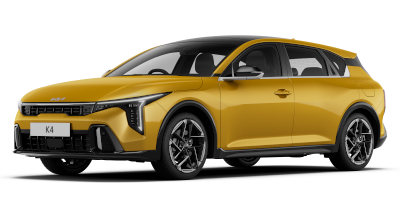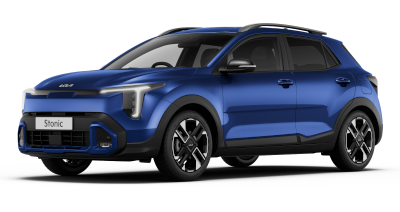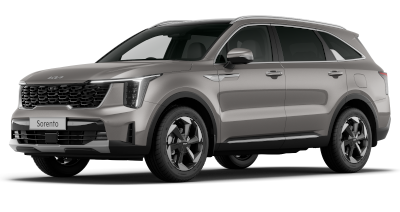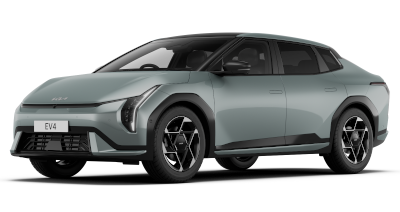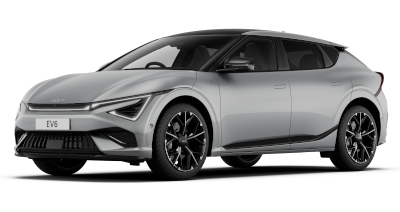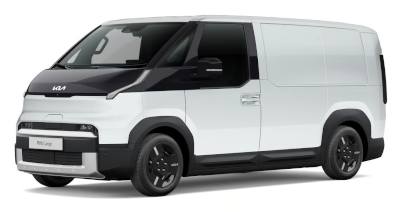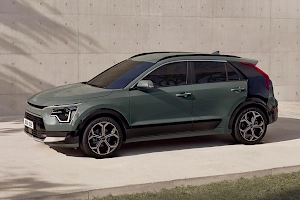Are Hybrid Cars Worth It?

Hybrid cars are steadily gaining traction in Australia. And it’s easy to see why. They blend traditional petrol power with electric efficiency, promising lower emissions and better fuel economy.
With the rising focus on sustainability, many Australians consider hybrids a practical and eco-friendly choice. But is a hybrid car worth it?
In this article:
What is a hybrid car?
A hybrid car combines an internal combustion engine (ICE) with an electric motor. The ICE provides the primary power, while the electric motor assists – particularly in situations like city traffic where lower speeds and frequent stops are common.
This combination allows hybrids to reduce fuel consumption and emissions compared to standard petrol vehicles. But the pairing isn’t just about reducing fuel consumption. It’s about creating a smarter, more responsive driving experience.
There are two types of hybrid car — Hybrid electric vehicles (HEVs) and Plug-in hybrid electric vehicles (PHEVs).
HEVs are the most common type of hybrid. They use their electric motor for low-speed, stop/start driving and automatically engage the engine when you need more power. They also use regenerative braking to charge the battery, capturing energy that would otherwise be lost every time you put your foot on the brake.
Plug-in hybrids (PHEVs) extend the benefits of electric driving. Just like a fully electric vehicle, you can charge your plug-in hybrid using a cable and wall socket at home, or at a public charging station. PHEVs have larger batteries than HEVs.
Ultimately, hybrid cars allow you flexibility, giving you the freedom to choose how you want to drive electric when you can and petrol when you need to.
Read more: What is a hybrid car?
Do hybrid cars hold their value?
Hybrids generally hold their value well. With growing demand for fuel-efficient vehicles with lower running costs, hybrids are becoming more popular. The resale value of hybrids has remained strong, reflecting their ongoing popularity and the public's increasing awareness of fuel efficiency.
A 2023 Drive.com survey found that hybrid models generally had better resale value than their petrol model counterparts. So, while the initial purchase price and servicing costs are higher, if your car is in good condition, you may recoup those costs when you sell.
Hybrids are just like any other car; the value will be determined by how well it has been maintained, supply & demand, remaining warranty and more.
On the warranty side, all Kia comes with transferable 7-year warranty, adding to your resale value. Learn more about our warranty here.
You can also feel reassured with a Kia Renew Guaranteed Future Value — where the minimum value of your car is guaranteed when it’s time to sell or upgrade. When you finance your car with Kia Renew, you can pay out your loan like normal, or, at the end of your loan term you can return your car to Kia and have the Guaranteed Future Value amount applied to your loan. If you wish, you can then upgrade to a brand-new Kia.
Are hybrid cars cheaper to run?
Hybrid cars like our Sorento, Carnival, Niro and Sportage Hybrid will save you money on fuel compared to their petrol-only counterparts. But the amount you save depends on whether you do more urban or highway driving. In stop-start city traffic, your hybrid car will typically use less fuel than a traditional petrol car, however actual savings will vary depending on driving conditions & habits.
Are hybrids cheaper to service?
The complexity of the hybrid system can make servicing more expensive. This is due to the need for specialised skills and equipment to maintain the dual power systems of hybrids, which include both an internal combustion engine and an electric motor.
However, routine maintenance costs for hybrids are often comparable to those of traditional vehicles, varying by manufacturer.
Are hybrids cheaper to insure?
Several factors influence insurance costs for hybrid cars, including the vehicle's value, repair costs, and safety features.
Hybrids typically cost slightly more to insure than petrol-powered cars. The difference is usually due to the hybrids’ higher purchase price and specialised component repair. However advanced safety features which typically are available on modern hybrids can help reduce insurance premiums, which may partially offset the higher costs.
Are hybrids worth it for freeway or highway driving?
While hybrids perform well on freeways, giving you a smooth and comfortable ride, they won’t save you money if that’s the kind of driving you do most often.
Hybrids are specially designed to save on fuel during stop-start driving conditions. Long freeway stretches without stopping will engage your petrol engine most of the time – and use fuel much like a standard petrol car.
When cruising, hybrids are powered mainly by the combustion engine – as this is where the combustion engine works most efficiently. Depending on the driving conditions (e.g. road gradient, engine load), the vehicle may seamlessly transition between petrol and electric power.
When you have your foot down firmly on the accelerator pedal, both the combustion engine and electric motor work together to maximise the power output to the wheels. This is thanks to the clever transmission, which combines the torque output of each powertrain simultaneously.
So, if freeway or highway driving is only a small portion of your regular car use, you should weigh up your potential savings to know if it’s worth buying a hybrid car.
Are hybrid cars worth it?
Knowing whether a hybrid is worth it depends largely on your driving habits. If you frequently drive in the city, the hybrid’s fuel savings and lower emissions make it a smart choice. Hybrids also hold their value well when it comes time to sell, and come with the added benefit of potentially lower running costs.
If you drive long uninterrupted stretches regularly, the benefits are still present, but slightly reduced.
If the numbers stack up for you and your lifestyle, discover our range of hybrid cars:
- • Niro Hybrid, the compact crossover SUV
- • Sportage Hybrid, our mid-size SUV
- • Sorento Hybrid, our large SUV
- • Carnival Hybrid, Australia's best selling People Mover, now in hybrid form.
Common misconceptions about hybrid cars
There’s a lot of misinformation about hybrids, but the facts tell a different story. Hybrid batteries are built to last and come with warranties that give you peace of mind.
And while some might think hybrids lack power, the reality is that modern hybrids deliver strong performance, often outpacing conventional vehicles in both acceleration and efficiency.
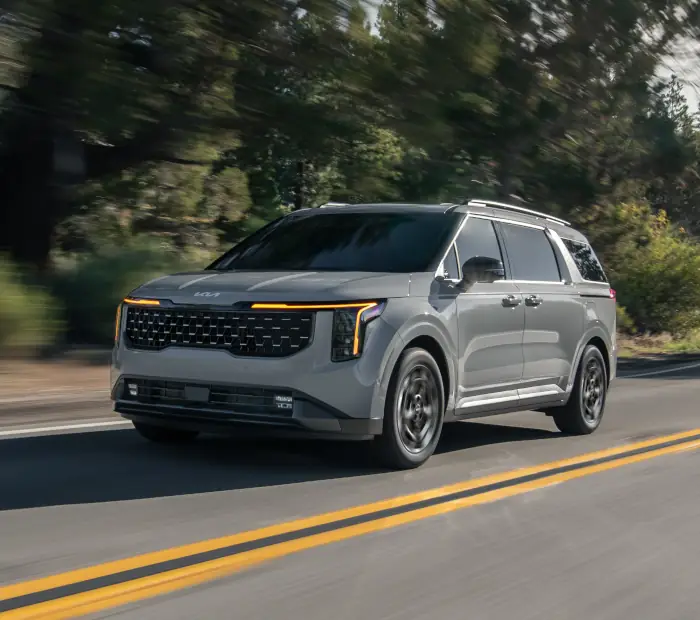
Explore Kia Hybrid Cars
FAQs: Are hybrid cars worth it?
How long do hybrid cars last?
Hybrid cars are designed to last just as long as traditional internal combustion vehicles - often well over 200,000 km with proper maintenance. The electric components have proven to be durable and reliable, contributing to the longevity of hybrid vehicles. Learn more about hybrid cars at the Australian Government’s Green Vehicle Guide.
How much does it cost to replace a hybrid battery?
Replacing a hybrid battery can vary be very costly, depending on the model. But most drivers will sell their vehicles before needing to replace the battery. Kia High Voltage (HV) batteries also come with a warranty that covers seven years / 150,000 km (whichever occurs first), which can help mitigate these costs.
Can you drive a hybrid car if the battery dies?
Yes. If your hybrid battery dies, the vehicle can still run on the petrol engine alone. However, your car will have reduced performance and fuel economy until the battery is repaired or replaced.
Enter your postcode to
view appropriate pricing for your area.

